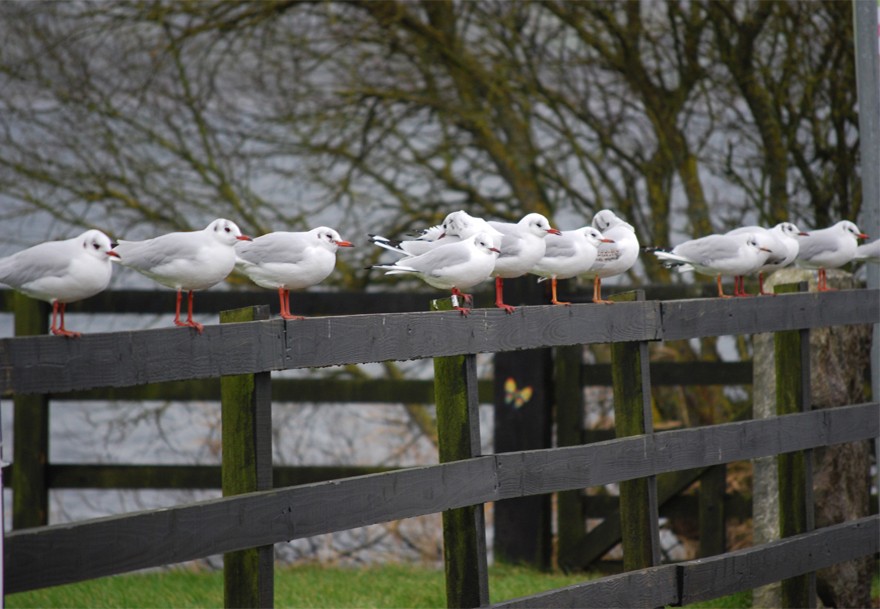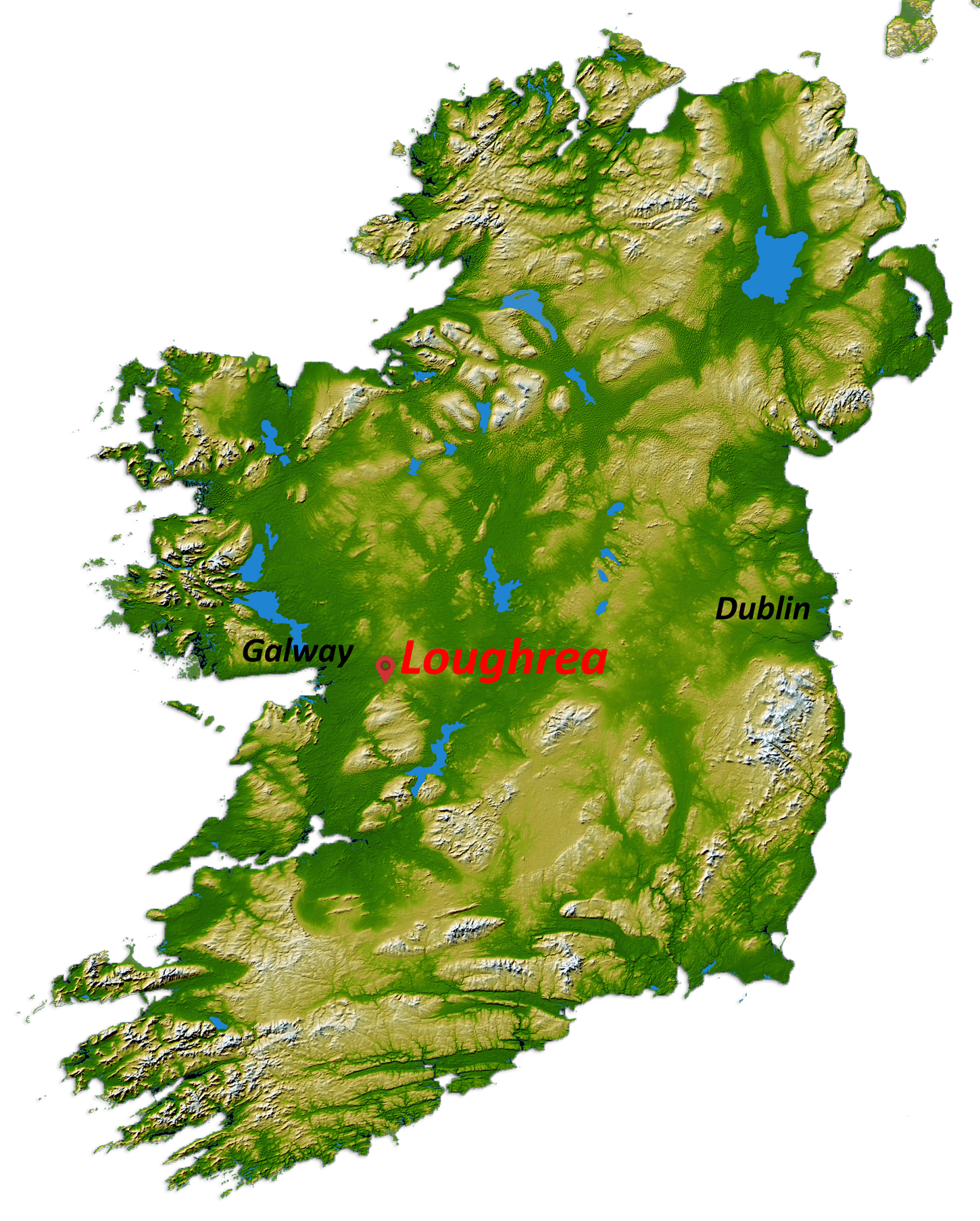






Loughrea Lake
Lough Rea
Co. Galway,
Ireland

Seagull, seagull sit on the sand.
It’s never good weather when you’re on land !
However, they always seem to be here, whatever the weather. No doubt it’s mainly because they are scavengers. They will gather in flocks wherever food is available – like here, where young and old like to feed the swans and ducks.
Seagulls are beneficial to the environment, disposing of dead animals and organic litter which could cause harm to humans. Gulls will eat fish, insects, earthworms, eggs, seeds, fruit, human refuse, and even other birds.
Seagulls are very clever and have been seen stamping their feet in a group to imitate rainfall and trick earthworms to come to the surface.
Last year in London’s Hyde Park a seagull was filmed grabbing pigeons by the scruff of the neck, drowning them and eating them.
Seagulls in southwest England were reportedly getting “drunk” off of flying ants, becoming inebriated from the formic acid in the ants’ bodies, which “lowers their inhibitions” and messes up their coordination, similar to the effects of alcohol, (Bristol Post report)
Seagulls are loyal and pair for life and take turns incubating the eggs, and feeding and protecting the chicks.
They use a wide range of sounds and body movements to communicate.
Seagulls are able to drink fresh and salt water, something most animals are unable to do, but seagulls have a pair of glands above their eyes which have evolved to flush the salt from their systems through openings in the bill.







